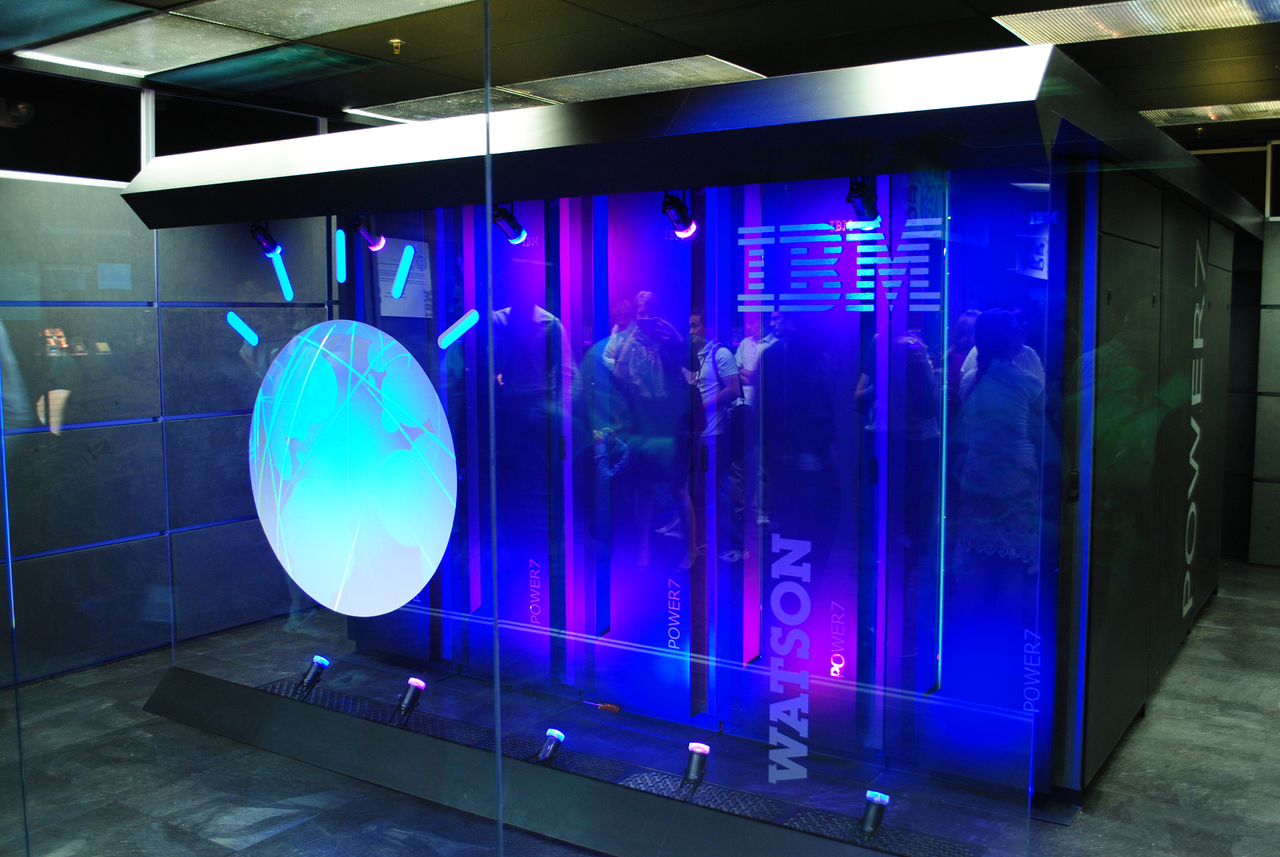Whether we like to think about it or not, healthcare will eventually affect every one of us, either directly or indirectly through friends or family. Any technological advance that improves our ability to diagnose illnesses and improve our access to healthcare is ultimately a good thing. Fortunately for us, the advances in Artificial Intelligence (A.I.) are also making their way into every sector of healthcare, from preventative care to novel drug research. Whether it’s wearables that are able to improve the lives of their wearers by encouraging active life choices, to chatbots and apps that provide healthcare information and consultation.
Primary Care’s Best Diagnostician
Currently, many people use technology to help them stay on track with their health and fitness goals, tracking things like nutrition, sleep, daily activity, and weight. The generation of this data in combination with our medical history, and even internet history, will allow machine learning to give us greater insight into our own health. The more data A.I. systems can access, the more accurately they will be able to find complex patterns and relationships between the data we generate and disease.

Machine learning will be able to assist doctors in diagnosing patients quicker and with higher accuracy. An example of A.I. currently being used to help diagnose illnesses is IBM’s Watson (the same A.I. system that beat humans in Jeopardy). With Watson, symptoms of a disease can be given in plain English, or any other language, and a ranked list of predictions will be produced. The difference between a complex A.I. system like Watson, and a simple query that returns diseases matching a list of symptoms, is that A.I. can learn, adapt and take into account a wide variety of factors.
“I believe something like Watson will soon be the world’s best diagnostician—whether machine or human.”
– Alan Greene, Chief Medical Officer of Scanadu

With the assistance of A.I. in diagnosing and treating disease, as well as the automation of repetitive tasks (such as filling out paperwork), doctors will be able to spend more time with patients, and increase the amount of patients they are able to see. Currently, so much new research is produced each year that it is nearly impossible for a doctor to keep up with the latest recommended treatments for diseases. A.I. could assist with this by sifting through new and relevant papers, and distilling the research to the most pertinent information, allowing a doctor to learn much more quickly and efficiently. Iris, an Artificial Intelligence system that reads science, is currently in the early stages of attempting this feat, as more people train the system, the better it will become at understanding context.
As patients, A.I. will also make our lives easier and more efficient. Services such as HealthTap and Your.Md use Machine Learning and advanced natural language processing to provide a filter between the patient and the need to go see a doctor. It can assist in answering simple health questions and help you determine whether an Aspirin and a nap can fix your current health issue, or if your symptoms require a trip to the doctor for a more thorough checkup. This not only can save a lot of time and money for a patient, but also frees up doctors to concentrate on more serious illnesses. The instant answer about the potential severity of the symptoms a person is experiencing can also reduce a lot of anxiety, uncertainty, and procrastination about taking care of the issue.
More Accurate Care for Mental Health Issues
The mental health industry will also experience the benefits of A.I. for diagnosing and treatment of mental illness. Colin Walsh, a data scientist from Vanberbilt University Medical Center has conducted research into how well Machine Learning could predict whether someone would attempt suicide based on factors such as age, health records, zip code, prescribed medications and prior diagnoses. The trials produced a 80-90% accuracy for whether someone would attempt suicide in the next two years and 92% accuracy for whether they would attempt it in the next two weeks. The algorithms are so complex that it is impossible to single out just one factor. This creates an opportunity for machines to help us intervene and help someone at the right moment, while there is still a chance to help.
However, a lot of people who might be in this risk pool might not be going to the doctor. Using Instagram, researchers from Harvard University and the University of Vermont used Machine Learning to see if they could detect signs of depression using a person’s Instagram feed. The A.I. had an accuracy rate of 70%, beating it’s human doctor counterparts who have an average accuracy of 42%. Facebook has conducted their own experiments which have also shown promising results in the accuracy of diagnosing depression in their users.
In the 1960s ELIZA, a chatbot that asks questions to the patient simply by rearranging what the patient himself said, was created. Despite ELIZA being very simple in design, some people felt an emotional connection to it. Now, A.I. driven Virtual Therapists exist to help people talk through their issues in a safe and controlled environment. The benefits of having an intelligent chatbot as a therapist include the ability of the A.I. to adapt to the needs of the person, to never forget previous conversations, be available at any time of day and to be very consistent – as machines don’t have bad days. The process of talking to a machine can also remove a lot of discomfort and fear of judgment, allowing a person to be more open and honest.
A.I. is Not Without Ethical Concerns
While A.I. will most likely revolutionize healthcare and make it more accessible, reliable, and effective, it does raise a wide variety of ethical and moral concerns. The same personal data that could help diagnose a disease in the early stages, or potentially help prevent a suicide, can be dangerous if distributed and sold carelessly. It is widely documented that users do not read terms of privacy agreements before agreeing to them. This leads to a user’s data being sold and used in ways they might be completely unaware of.
One example of this is an experiment that Facebook conducted to see if the content of a user’s feed will affect their mood. Facebook selectively hid positive or negative content for certain users, and then measured if there was a significant effect on the user’s mood. This was done without prior authorization that research experiments using human subjects usually require, since users agreed to their data being used for research in the privacy policy. Health and medical data generation holds many promises for advancing our health care, but caution should be used in how we use and distribute it.
What Does this Mean for You?
The growing industry of Artificial Intelligence revolutionizing health care creates many business opportunities. The most obvious of these opportunities is the actual application of Machine Learning to help patients, researchers, and health care professionals make their job more efficient. In order for machines to learn, they need data, so the need for data will grow as well. This includes more advanced connected devices, such as fitness wearables, and monitoring devices. The increased amount of data will also lead to a greater need for security and privacy protocols. A.I. and Machine Learning show tremendous potential in the healthcare industry and beyond.
Meet with DevelopmentNow’s experienced team and find out how A.I. can make your business smarter and more innovative. We are experienced in Emerging Technology, including A.I. and Machine Learning, and would love to meet with you to discuss your next project!



